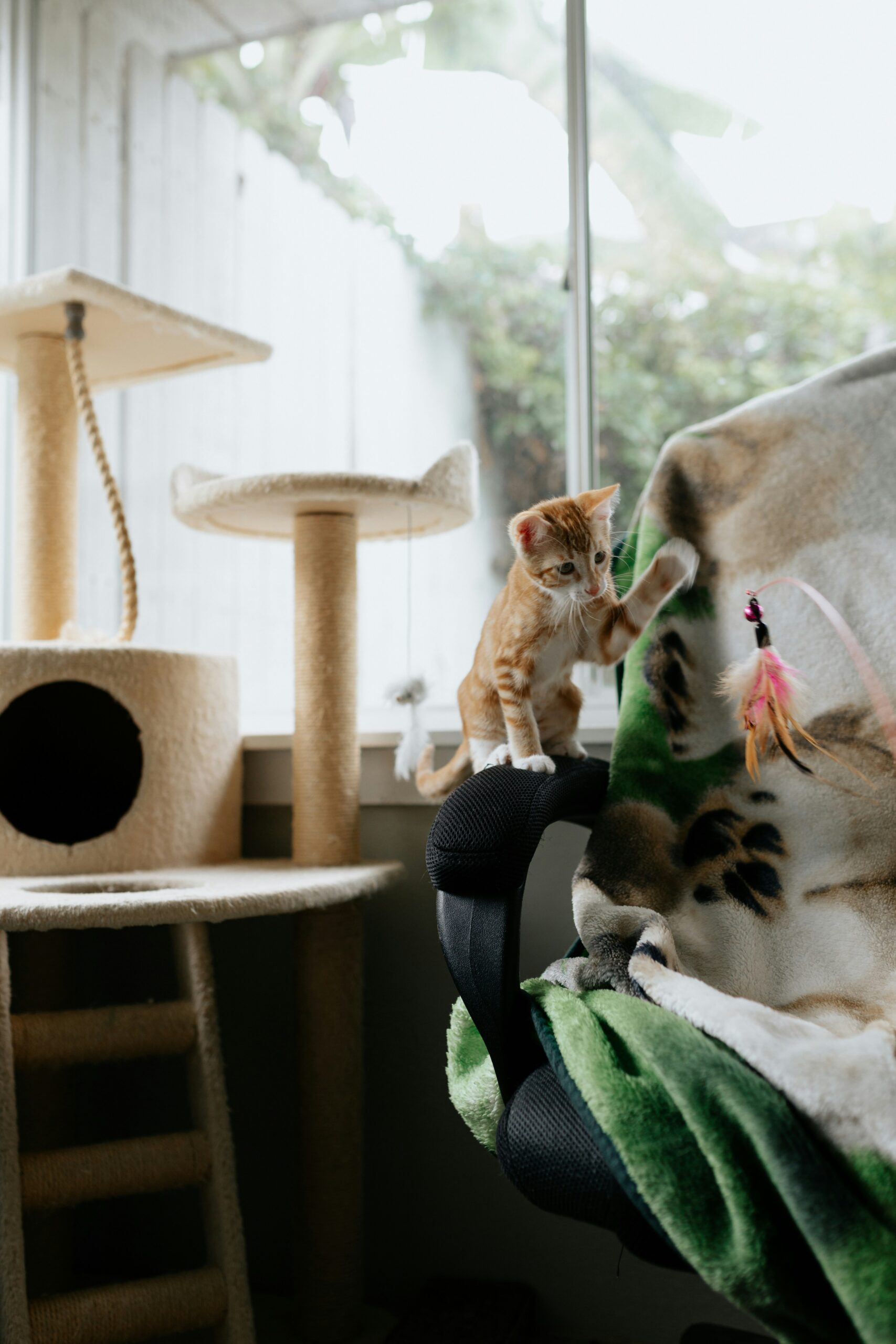Regular veterinary visits are essential for maintaining the health and happiness of your feline friend. These check-ups not only help in early detection of potential health issues but also ensure your cat leads a long, fulfilling life.
The Vital Role of Routine Vet Visits
For many cat owners, a trip to the vet is often seen as an event reserved for emergencies. However, these routine visits are crucial. According to the American Veterinary Medical Association, annual or bi-annual vet visits can significantly improve the quality of life for pets by catching diseases like kidney problems or dental issues before they become severe.
What Experts Say
Veterinary experts emphasize the importance of regular check-ups. Dr. Julie Meadows, a renowned veterinarian, states, “Routine exams are the cornerstone of preventive health care for cats.” These exams allow veterinarians to assess overall health and make recommendations tailored to each cat’s needs.
Statistics to Consider
In a study by the American Pet Products Association, it was found that only 50% of cat owners take their pets to the vet annually. This statistic highlights a gap in preventive care that could lead to increased health risks as cats age.
Personal Experiences
Consider the story of Alex, a cat owner who noticed subtle changes in his cat’s behavior. A routine vet visit revealed early-stage kidney disease, which was managed effectively due to early detection.
Actionable Tips for Cat Owners
- Schedule regular vet visits once or twice a year.
- Keep a record of your cat’s health history and vaccinations.
- Monitor changes in behavior or appetite as these can be signs of health issues.
Pro Tip: Use a calendar reminder to ensure you don’t miss your cat’s vet appointments. Consistency is key to preventive care.
Understanding What Happens During a Vet Visit
| Check-Up Component | Description |
|---|---|
| Physical Examination | Evaluation of weight, eyes, ears, and skin condition. |
| Vaccinations | Updating necessary vaccines to prevent diseases. |
| Dental Check | Assessment of teeth and gums for signs of dental disease. |
| Blood Tests | Screening for kidney, liver, and thyroid function. |
| Parasite Control | Checking and treating for fleas, ticks, and worms. |
| Behavioral Assessment | Discussing any changes in behavior or diet. |
| Nutritional Advice | Recommendations for age-appropriate diets. |
| Follow-Up Plan | Setting future appointments and check-ups. |
Frequently Asked Questions
How often should I take my cat to the vet?
It is recommended to visit the vet at least once a year, or more frequently if your cat has ongoing health issues.
What should I bring to a vet visit?
Bring your cat’s medical records, a list of any observed symptoms, and any questions you have for the vet.
Are indoor cats at a lower risk for diseases?
While indoor cats may be at lower risk for certain diseases, they still require regular check-ups for preventive health care.
Conclusion
Routine vet visits are a cornerstone of responsible pet ownership. By staying proactive about your cat’s health, you not only ensure their well-being but also strengthen the bond you share. Make it a priority to schedule those vet appointments and keep your feline companion healthy and happy for years to come.




Leave a Reply